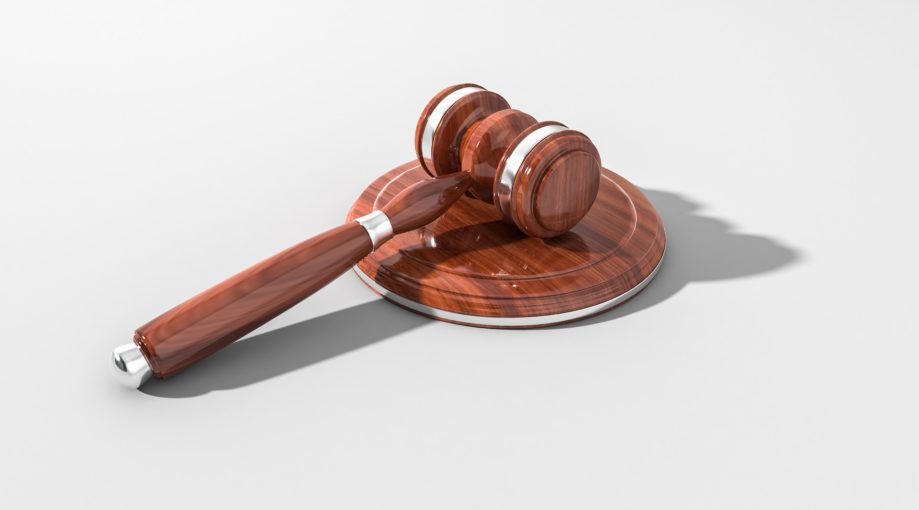Debt Recovery – Utilizing Debtor Exams to Collect on a Judgment
 Commercial Debt Collection
Commercial Debt Collection

You have initiated a lawsuit and won a Default Judgment against the debtor. Judgments are worthless unless you can locate and garnish the debtor’s assets, however.
So now what?
When a creditor obtains a judgment against an individual or company, one of the most effective techniques (providing they don’t know what assets the debtor has) is to utilize a Debtor Exam to recover monies which were awarded on the ruling document.
Debtor Exams are a legal process where a creditor can request pertinent information and documents from a debtor, which is especially relevant when the creditor possesses a judgment. Another name for a Debtor Exam is a Debtor Discovery, where the creditor can obtain information about the debtor’s assets in order to uncover resources and monies from the debtor.
Extracting money from judgments necessitates obtaining significant information about the debtor as it relates to their assets. It is next to impossible to collect money from the judgment if you’re not aware of the debtor company’s assets or possessions.
Tools that are accessible to creditors who have judgments include debtor exams, depositions, and interrogatories. It is imperative that creditors make copies of the required documents if the debtor furnishes only the original copy. Because documents are furnished under subpoena, we recommend that creditors carry a small, light scanner with them to court. This way, creditors are required to prepare for the copying of the documents.
Besides Debtor Examinations, depositions, and interrogatories, another viable option is to retain a private investigator in order to locate the assets of the debtor such as real estate, accounts receivables, bank monies, or other sources of income.
We advise that a creditor who is creating a discovery without an attorney learn the state laws where the debtor is located, as well as the procedures of the resident court. It’s important that they learn about the methods of post-judgment discovery that are available to utilize.
In some cases, debtors who haven’t responded and were unwilling to pay will imitate a payment after they are served by an officer or statutory agent of the court as it relates to their post-judgment discovery. If the debtor doesn’t cooperate, the Debtor Exam
will investigate and obtain a broad scope of their assets. Creditors can also bring in third parties who may be knowledgeable about the debtor company’s resources and deposition them.
For instance, in the case of an individual judgment, the debtor’s employer can divulge employment and personnel reports. Furthermore, banks are obligated to provide information about the debtor’s bank records. Third parties are served in order to provide relevant documents and answer questions regarding the assets of the debtor.
If the debtor does not appear for the Debtor Exam, their spouse, business partner, or employer can be served with a court order to appear in court. In some states criminal action can be instituted against the debtor for failure to appear for the Debtor Exam.
At the Debtor Exam, any evidence you discover can be utilized to obtain available assets which can be garnished or levied later. Debtor examinations are most often held in a courtroom, but some depositions may be carried out via mail or at a lawyer’s office. The questions the creditor may ask at a Debtor Exam are more extensive than at a deposition.
If the creditor does want to immediately initiate a Debtor Exam, they can send a strong demand letter to the debtor indicating that a Debtor Exam action will be taken against them. An example of this letter is indicated below.
Dear {name},
As you are aware, we were awarded a judgment of {amount} against your company which has not been satisfied. We are absolutely unwilling to wait any longer for payment. Please send your check to me at the address in the header below.
We hope you are going to do the right thing and pay your lawful debt, now. But if we do not receive payment from you within ten days, we will use all available legal steps against you, including effectuating a Debtor Examination and Discovery, with no further delay and no further communication with you.
Sincerely,
{your name}
{contact information}






